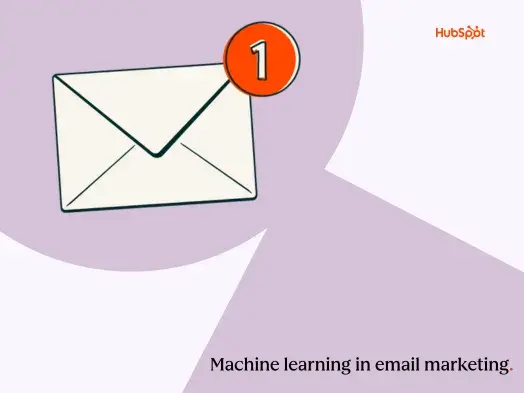It’s gained some steam these past few months, recently announcing a $74 million round of funding from investors.
Many are betting it’ll replace Google as the most popular search engine. Here’s everything you need to know about it.
How Perplexity Came into The Search Scene
Founded in 2022 by a former OpenAI employee, Perplexity has gained over 10 million monthly active users in roughly two years.
While it’s only a blip compared to Google’s massive 1 billion user base, it’s attracted the attention of major investors like Amazon’s Jeff Bezos and AI hardware manufacturer Nvidia.
In fact, they’ve reportedly raised the largest sum by an internet search startup in years and is currently valued at $520 million.
So what do they have that’s so special? In their own words, it’s the ads-free experience they provide.
“Perplexity was founded on the belief that searching for information should be a straightforward, efficient experience, free from the influence of advertising-driven models,” they write on their website.
It’s not the first time a new search engine tried to dethrone Google using a similar strategy. Neeva was an ad-free engine launched in 2019 that grew to 500K active monthly users shortly after its launch but ultimately shut down in 2022 after struggling to acquire users.
One of the major downsides of using search engines like Google and Bing is the inundation of sponsored content.
Looking for product A? Well before you get to it, you’ll probably see 5 to 10 ads from its competitors. As a consumer, that can be a pretty frustrating experience if you know exactly what you’re looking for.
People are also complaining about Google’s algorithm and its inability to weed out low-quality websites.
Perplexity is aiming to cut through the clutter and give users the most exact answers to their queries.
How Perplexity Works
Think of Perplexity like a mix of Google and ChatGPT.
You can prompt it to search the web for answers to your questions, like a banana bread recipe or market trends in the real estate sector, or to serve as an assistant by summarizing documents, generating copy, and analyzing data.
The web app offers a free version powered by OpenAI’s GPT-3.5 but its pro version offers several more powerful options with the GPT-4, Claude 2, and Mistral’s Le Large models. Perplexity also has its own model.
Similar to ChatGPT, it has a conversational chatbot that learns from previous conversations and can understand context.
Its main features include:
- Flagging inaccuracies.
- Narrowing down searches by specific sources like Reddit, YouTube, and Yelp.
- Customize your AI profile to adjust language, output format, and tone.
Perplexity vs. Google: Who’s better?
Which one is better? It depends on what you’re trying to do.
Perplexity’s biggest selling point is its ability to gather real-time information and synthesize it into digestible information complete with source links, relevant media, and related topics.
Perplexity gets to the heart of the query and allows you to ask follow-up questions based on the results.
For example, I put the following query on both Google and Perplexity: “best hotels in Ghana.”
The top result on Google’s SERP is the hotel finder box, which presents users with hotels and enables them to find and filter options based on date, budget, rating, and more.
Perplexity, on the other hand, keeps it simple.
Perplexity presents a list of top hotels in Ghana completed with 5 sources, including Trip Advisor and Travel Noire, and a short description of each hotel.
Perplexity is the more straightforward one, offering a simple answer and allowing you to dig deeper if you want to.
Where Google shines is breadth – its approach is “Here’s everything we have, you narrow down from there.”
That’s how I often end up with 40 tabs open and less clarity than I started with, which is why a platform like Perplexity works better for someone like me for this type of query – all a matter of preference.

NYT tech columnist puts it, “A.I.-powered search engines like Perplexity could loosen Google’s grip on the search market, or at least force it to play catch-up,”
It may not be as popular or powerful as Google but its success might push Google to shift its approach to search.
Artificial Intelligence






![AI email subject lines that drive 3x more revenue and actually convert [+ exclusive insights]](https://53.fs1.hubspotusercontent-na1.net/hubfs/53/ai-email-optimization-1-20251014-4500151-1.webp)




